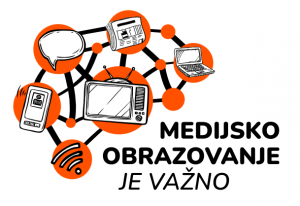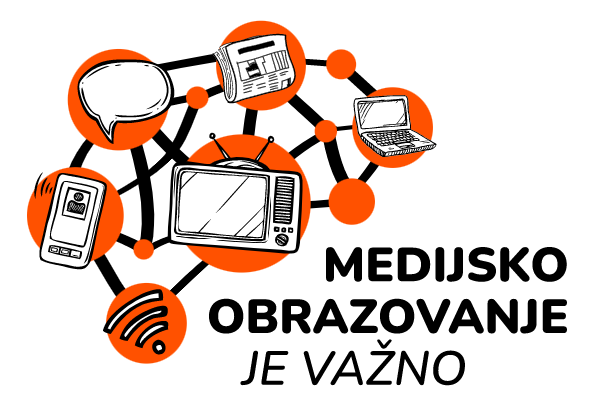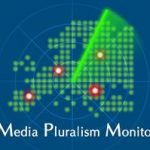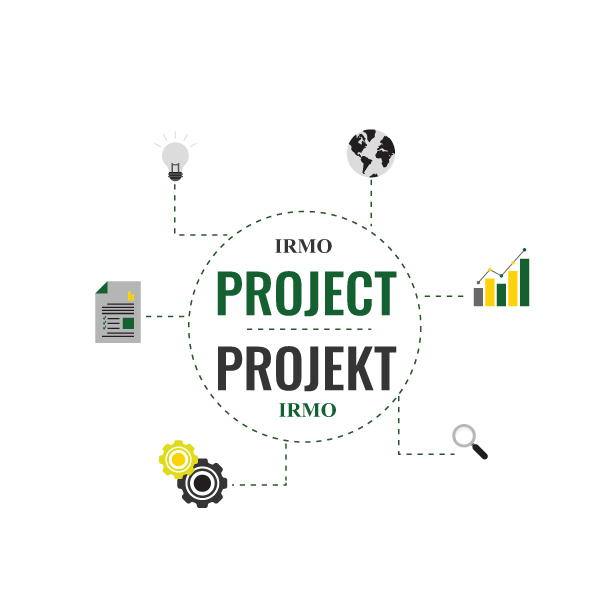
Source of funding: European Social Fund – ESF
Project coordinator: GONG
Project duration: 11./2020. – 9./2023.
Project manager: Paško Bilić, PhD
The project contributes to the analysis of the current state of the field of media literacy, the development of synergistic activities and a model based on evidence and research, which contributes to the achievement of the objective of the call and national and EU regulations. Media literacy is important for a democratic society and an active and responsible citizenry, defined as the ability to access, analyze, evaluate and transmit messages through the media, and it implies the development of cognitive, ethical, aesthetic and philosophical skills and knowledge. Media education has proven to be extremely important and necessary, and should be established based on scientifically proven models of effective programs. Media and information literacy include the competencies of gathering information from various sources, their critical evaluation and effective use, and the creation and responsible distribution of multimedia content with the help of digital tools. When we define media literacy as the ability to access, analyze, critically evaluate and create new media content, we recognize its three dimensions: technical competence, skills and practice of critical thinking/acceptance and content production. From these definitions, we see that an integral part of media literacy is the ability to access information sources, among which the Internet is one of the most important sources that also requires the development of information communication or digital competence. Although exposure to media and information sources is often uncontrolled and happens almost automatically, it is precisely media literacy that develops the skills of conscious decision-making about exposure to media content, critical analysis of media content, and creates opportunities for self-expression and production of media content. Therefore, it is particularly important in order to use the positive influences and prevent the possible harmful effects of exposure to the media. A significant influence of the media is also reflected in their influence on democratic processes, because the media can participate in the manipulation of the public or strengthen democratic political processes and support citizens’ rights to information. In the same way, for the democratic participation of citizens, they need to be informed and have the skills of critical thinking and self-expression.
LINK:
A directory of organizations active in the field of media literacy and their media education activities are available HERE.




